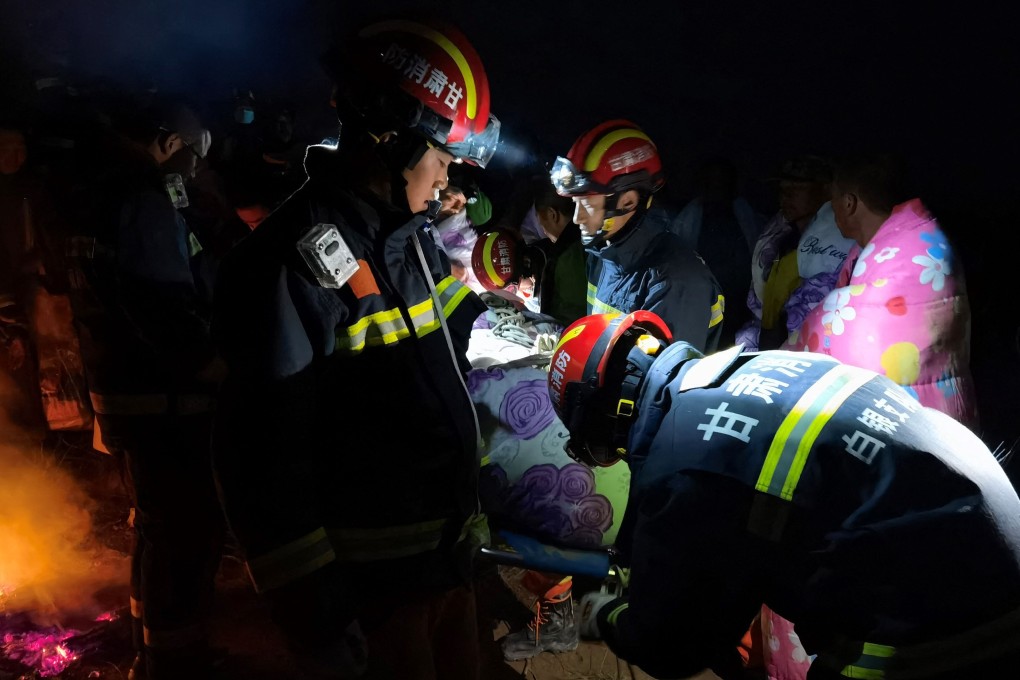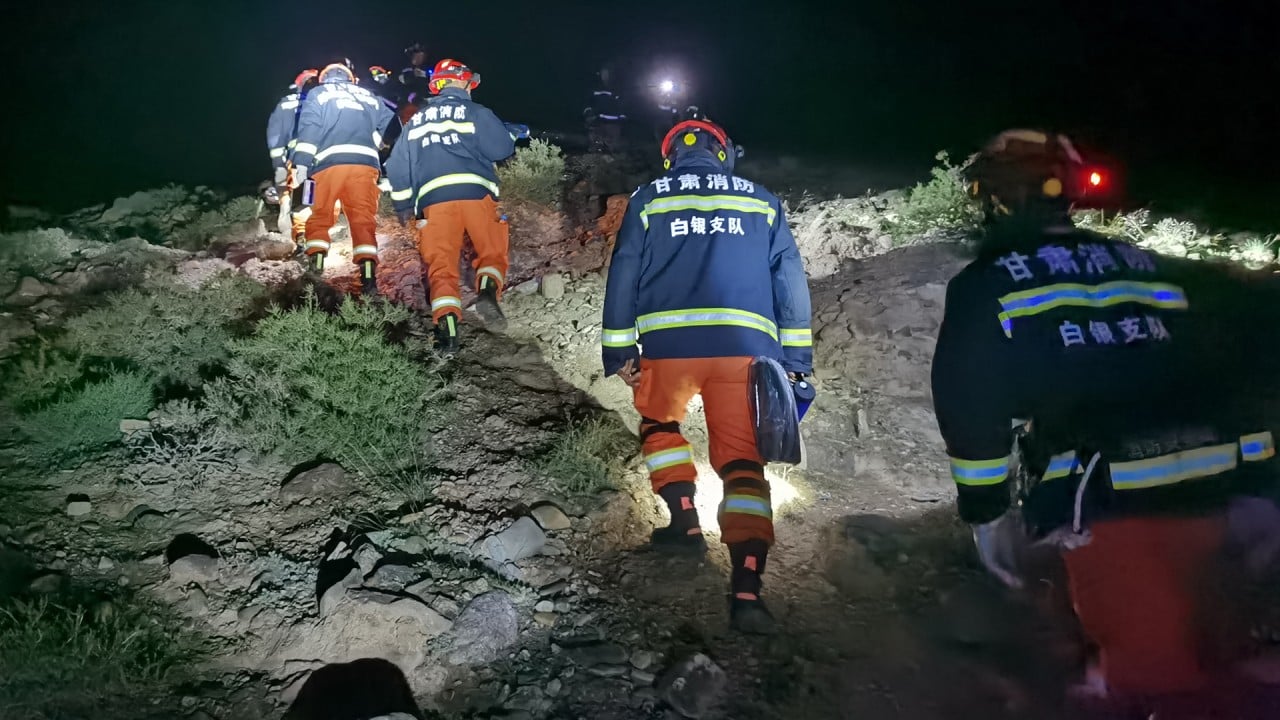Opinion | Lessons to learn from Gansu race tragedy
- The loss of 21 young ultramarathon runners’ lives in freezing weather must not have been in vain and an official investigation needs to come up with answers

As the description implies, extreme sports demand more of participants. They are not without personal risk. Whether it be running, walking, swimming, bike riding, climbing or any combination of them, contestants can compete safely only within their own abilities and experience in the conditions at the time. Add an extreme, totally unexpected change in weather conditions mid-event and the risk can easily become unmanageable and life-threatening.
When it became clear runners were in trouble, officials called off the event and began a rescue operation. By then some were suffering from hypothermia and others had passed out from the cold. Sadly, many lives could not be saved following exposure to the elements. They included two of the country’s best distance runners. Liang Jing won China’s ultra Gobi in 2018 and came second in Hong Kong’ s 100 ultra trail race a year later. Huang Guanjun won the marathon in the 2019 National Paralympic Games hearing-impaired section.

02:46
21 runners die in freezing weather during ultramarathon in northwestern China
Our thoughts must go out to all concerned, especially those who have lost loved ones and survivors, who have not only lost friends, but also must live with the tragedy for the rest of their lives.
Extreme events will continue to pose high risks. People will continue to take them. It is important everyone concerned learns from this tragedy so that lives have not been lost entirely in vain.
